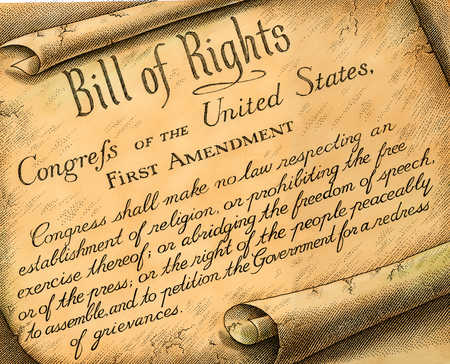
You shall fear the LORD your God; him alone you shall
worship; to him you shall hold fast, and by his name you shall swear.
The 4th of July seems a good time to
consider two of the three subjects usually considered unfit for polite
conversation, namely religion and politics. I will pass over in reverential
silence the third matter, sex.
In the 1920s a group of Anglo-Catholic laymen in
England began to publish a quarterly called Christendom
– A Journal of Christian Sociology –
which took the novel position that the Christian attitude towards politics and
society ought to be after all Christian. Maurice Reckitt, a lay men and very much the guiding
light of this group wrote in 1934:
“If you had told any typical Christian thinker
in any century from the twelfth to the sixteenth that religion had nothing to
do with economics and that bishops must not intrude in these matters upon the
deliberations of lay men . . . he would either have trembled for your faith or
feared for your reason. He would have regarded you, in short, as either a
heretic or a lunatic.”
One difficulty is these days the bishops who
speak the loudest about all sorts of matters are those who seem to have lost both
their minds and their faith. The question has to be asked in every case: is what
Christians have to say about politics, economics, and the social order derived from
revealed truth, the Scripture and Tradition or from somewhere else? The
Christian attitude to the society in which they live and the state by which they
are governed has to be recognizably Christian. And a miter
is no guarantee of that.
Setting aside many other consequences, one
consequence of recent Supreme Court decisions,
deliberate or accidental, is to exclude the Christian voice from the public
square. By invoking the 14th Amendment, the equality clause, the
Court put those who oppose their decision outside the political and social
conversation in as much as dissenters are cast in the role of rejecting a shared
and essential value of American democracy.
It tempting for us to just turn our backs on the
whole mess. At least I am so tempted. To say my prayers and work out my salvation in
fear and trembling. But the whole company
of saints rise up against us: the prophets who stood up to kings, the apostles
who feared no power, St. John Chrysostom who challenged Emperors, St. Thomas
Becket who would not give an inch to Henry II, St. John Fisher and St. Thomas
More who said “I am the King’s good servant but God’s first”, St. Charles, King and Martyr, who stood
against Parliament, when Parliament stood against the Church.
Not that politics, as we understand it, was the
main business of the saints. Nor should it be for us. But politics is too important
to be left to politicians. Because politics is not just about who we should we
vote for, what Party we support.
T. S. Eliot in The Idea of a Christian Society, says that politics should be about
creating “a society in which the natural end of man – virtue and well-being in
community – is acknowledged for all, and the supernatural – beatitude – for
those who have the eyes to see it .”
Just as not every voice on the Left is
recognizably Christian, so not every voice on the Right is necessarily Christian. As Dr. Mascall said, “right
and left are political, not theological categories.” But the kind of society we
want for ourselves and for our children is a society which recognizes the
importance of the Christian perspective: the reality of evil and sin, the
possibility of mercy and redemption, the priority of the transcendent, the
grace-filled journey through the imminent. We dare not allow this voice to be silenced.
You shall fear the LORD your God; him alone you shall
worship; to him you shall hold fast, and by his name you shall swear.

No comments:
Post a Comment